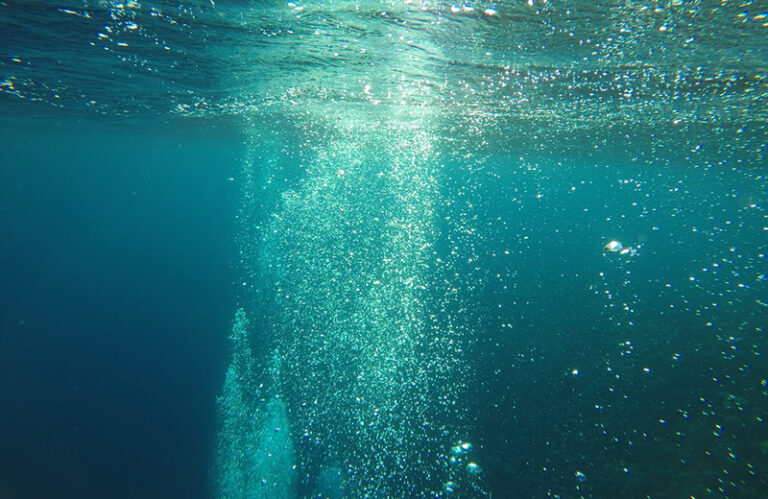The ocean is the
most important
storage depot of
carbon on earth.
It holds 50 times
more carbon
than the atmosphere
and soaks up more
carbon than all
global rainforests
combined. Yet
today’s climate
targets do not
include the impact
of our changing *
ocean – taking its
capacity for granted.
In a workshop convened by the Ocean Frontier Institute, international scientists raised alarm that global climate target calculations and derived climate policies are missing a critical variable: the impact of changing ocean carbon on the climate.
At the workshop, Mark Carney, United Nations Special Envoy on Climate Action and Finance highlighted the urgency of understanding key ocean inputs driving the climate/carbon balance. He underscored his support for strong Canadian leadership, particularly strengthening observation of the North Atlantic Ocean, which remains under-observed despite being the most intense carbon sink on the planet. Participants included representatives from G7 and Asian nations, the UN, industry leaders, global philanthropists and environmental organizations.
For more information on this workshop, click here.
G7 FSOI and support to global surface ocean CO2 monitoring
The International Ocean Carbon Coordination Project (IOCCP), which acts as the GOOS Biogeochemistry Panel, is working to develop an internationally-agreed strategy for Surface Ocean CO2 Monitoring, a priority of the G7 Future of the Seas and Oceans Initiative (FSOI).
This IOCCP-led activity carried out with G7 FSOI support will work to catalyse and facilitate the development of a global strategy for monitoring surface ocean CO2, which is needed to guide coordinated joint investment by governments to implement the global surface ocean CO2 monitoring network, building on existing observing programmes, data management structures and coordination bodies where possible.
To develop the strategy, and the community of practice and coordination structure to manage this global network, the G7 FSOI Coordination Centre will work directly with experts from G7 national programmes, SOCONET, SOCAT, GOA-ON, Global Atmosphere Watch of WMO, the EU Research Infrastructure Integrated Carbon Observing System (ICOS) Ocean Thematic Centre, JPI Oceans, amongst many other important players. The EU and UK coordinators of the G7 FSOI Coordination Centre, Maria Hood and Katy Hill respectively, also serve on the Steering Committee for the Canadian North Atlantic Carbon Observatory Workshop.
Further resources
- G7 FSOI support to global Surface Ocean CO2 Monitoring
- International Ocean Carbon Coordination Project (IOCCP), which acts as the GOOS Biochemistry Panel
- ICOS Ocean Thematic Centre and its support to the G7 FSOI
- Global Ocean Acidification Observing Network (GOA-ON)
- The Global Carbon Project
- Surface Ocean CO₂ Atlas (SOCAT)
- Surface Ocean CO2 Reference Observing Network (SOCONET)
- UNFCCC Global Stocktake of the Paris Agreement
